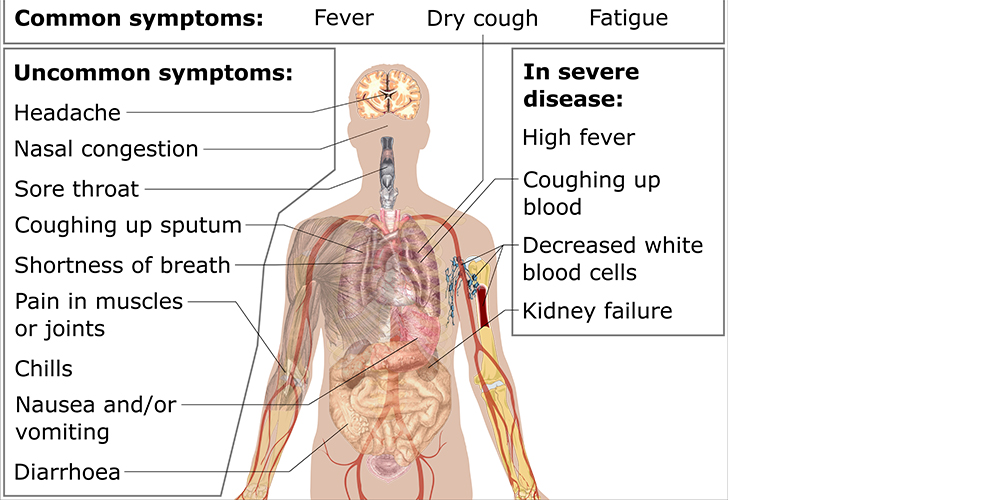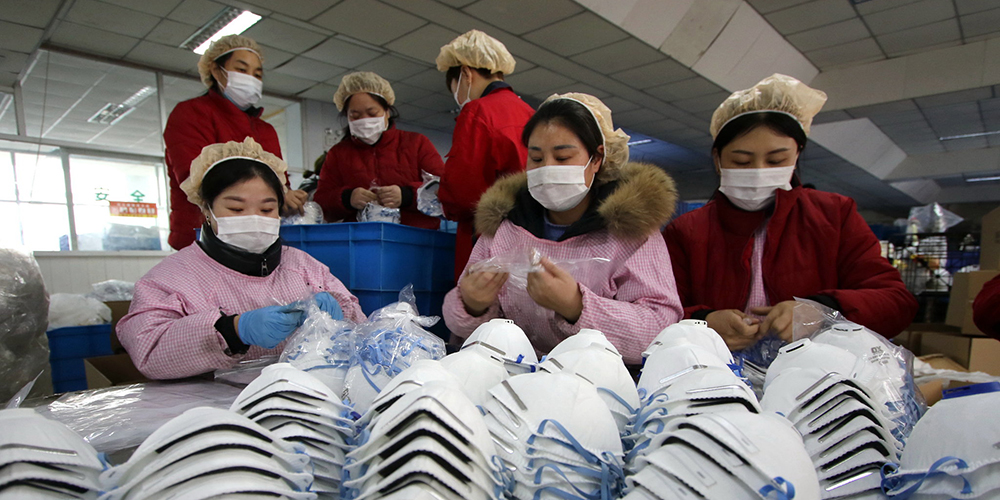The Australian Catholic Bishops Confernce (ACBC) has released national advice on the liturgical implications of the ongoing spread of COVID-19, otherwise known as the coronavirus. Whilst there have only been a relatively small amount of confirmed cases in Australia, the ACBC, in conjunction with the Commonwealth Department of Health has prepared its advice for the safety of the congregation.
By their very nature, any large group of assembled people can quickly become a tragically efficient way to spread such a contagious virus. As such, the ACBC has recommended that all dioceses and parishes follow, whilst leaving it up to local authorities to deem what is most suited for their area.
As such, those who attend mass regularly may notice some differences during their weekly visit to the local Church. All changes have been made to remain consistent with the Catholic Church’s prerogative to protect those who are most vulnerable; in this case those who will be most harmfully affected by the virus.
- Individuals should consider their own health, including any potential to infect others with a contagious disease, before attending a public liturgical celebration.
- Holy Water should be temporarily removed from stoups at the doors of churches to reduce the possibility of transmission of the virus. Holy Water should continue to be available for people to take home.
- Parishes and other settings where liturgies are celebrated should make alcohol-based gels or rubs (or like products) available near entrances. Similar provisions should be considered for settings used for the Sacrament of Reconciliation.
- When exchanging the Sign of Peace, individuals should avoid shaking hands but say “Peace be with you” and offer a smile, wave, nod or bow.
- All Ministers of Holy Communion should take particular care to wash their hands before and after distributing. Appropriate means should be made available.
- Parishes should cease distributing Holy Communion from the Chalice until further notice. The faithful should be reminded that Christ is fully present under either species.
- The coronavirus is easily spread through saliva. In celebrations of the Ordinary Form of the Latin Rite, it is therefore recommended that the Body of Christ only be administered in the hand because of the high risk of transmission if people continue to receive on the tongue. Ministers should seek to avoid contact with the communicant's hands.
- The faithful who are too unwell to attend Sunday Mass – whether due to coronavirus or some other condition – or are at particular risk of contracting the COVID-19 virus can honour their Sunday obligation by participating in a time of prayer within the home, reading the Scriptures or watching Mass on television or online/
Catholics may be reassured that, should they contract COVID-19 and become seriously ill, priests will continue to ensure they receive the sacraments and other appropriate pastoral care. It is hoped that all will take the advice seriously, as it requires a large, united effort to protect against such a widespread contagion.
 The symptoms of CORVID-19 can be quite varied. If you are unsure about yourself or someone close to you, it is highly reccomend to phone call your local doctor's office (in advance of visiting) for further advice.
The symptoms of CORVID-19 can be quite varied. If you are unsure about yourself or someone close to you, it is highly reccomend to phone call your local doctor's office (in advance of visiting) for further advice.

